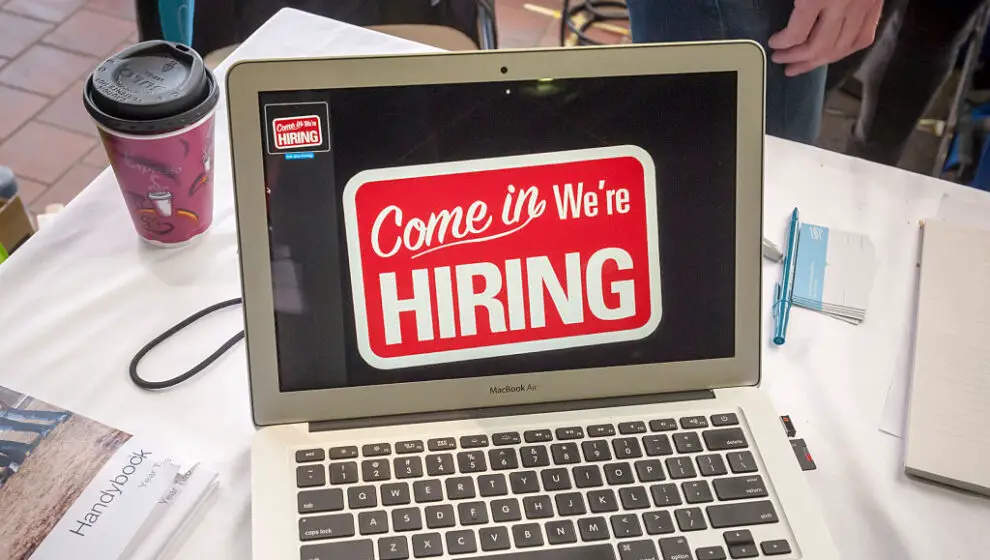Job recruiters are beginning to look to artificial intelligence (AI) as a desirable skill for new hires—creating opportunities for applicants who are willing and eager to learn.
Key Details
- A recent study from Resume Builder found that 91% of hiring managers and companies are seeking job applicants with ChatGPT experience.
- Resume Builder Chief Career Advisor Stacie Haller tells HR Brew that she expects the software will become the next “Microsoft Excel” or “Fax Machine,” a technological emergence that changes how business is done but creates short-term difficulties adapting.
- Haller expects that employees will be able to seek certification for AI applications in the way that they do for other contemporary software applications and put it on their resumes.
Why It’s Important
The emergence of ChatGPT seven months ago has completely changed the world. In that time, the entire tech world has raced to build the first and best AI applications. These rapid advancements have brought many pronouncements of doom and despair, with fears that large companies will abuse these technologies to destroy the job economy for low-level administrative workers.
However, not enough is said about how software like ChatGPT can benefit the average worker. AI is very powerful, but it is nowhere near powerful enough at the moment to replace most human jobs. Companies are still testing the waters of what the technology is capable of, and most are finding it very limited. This leaves opportunities for employees to jump in who are willing to learn the software and use it as part of their daily jobs.
Possible Solutions
Sarah Buxbaum is a customer-service expert for CWS Hospitality. She tells Leaders Media that the technology is already something that is being widely embraced in her line of work and proving very useful as a tool for social media and marketing. She has used the tool to assist with wording, SEO, messaging, and keeping up with trends. However, she primarily considers the technology an outline needing a more human touch.
“I’ve heard great things from my colleagues. They see it as an amazing resource. Alot of people who have the same values as I do agree. It’s the people that are looking at this and looking to replace workers that are looking at it wrong. It can’t replace a person. It can just enhance their capabilities,” says Buxbaum.
“I actually use ChatGPT alot, but I still humanize it because I think too many people got excited about the technology and are getting lazy. It’s a great resource, but people need to bring their emotions, business values, and insight into what the robot is saying. Businesses must focus on people, putting their experience behind their marketing. I’ll use it for an outline and then put my own personality and experiences into it.”
Buxbaum is worried that some companies are abusing the technology and attempting to use it to drum out low-level employees. But in the long term, she does not believe it will take away jobs. It will merely become a tool for employers to gauge the employees who are more proficient in new technologies and those who are most willing to learn new skills and adapt to changing technologies. Jobseekers who bury their heads in the sand will be the people who suffer the most.
Notable Quote
“Companies don’t have ChatGPT experience internally, so they’re looking to hire it. It is not like they’re using ChatGPT everywhere. From what I’ve heard, it’s really them looking for people to come in and get the company moving. They want to hire these skill sets. There are well over 600 AI tools, and there are different categories of usage. It gets overwhelming to understand what tools are necessary and find people who can use them. When Microsoft Excel came out, people who add proficiency with it to their resumes, which they wouldn’t today. It is the next innovation of tools that there is an expectation around,” says Bauk Group Strategist Julie Bauke.
